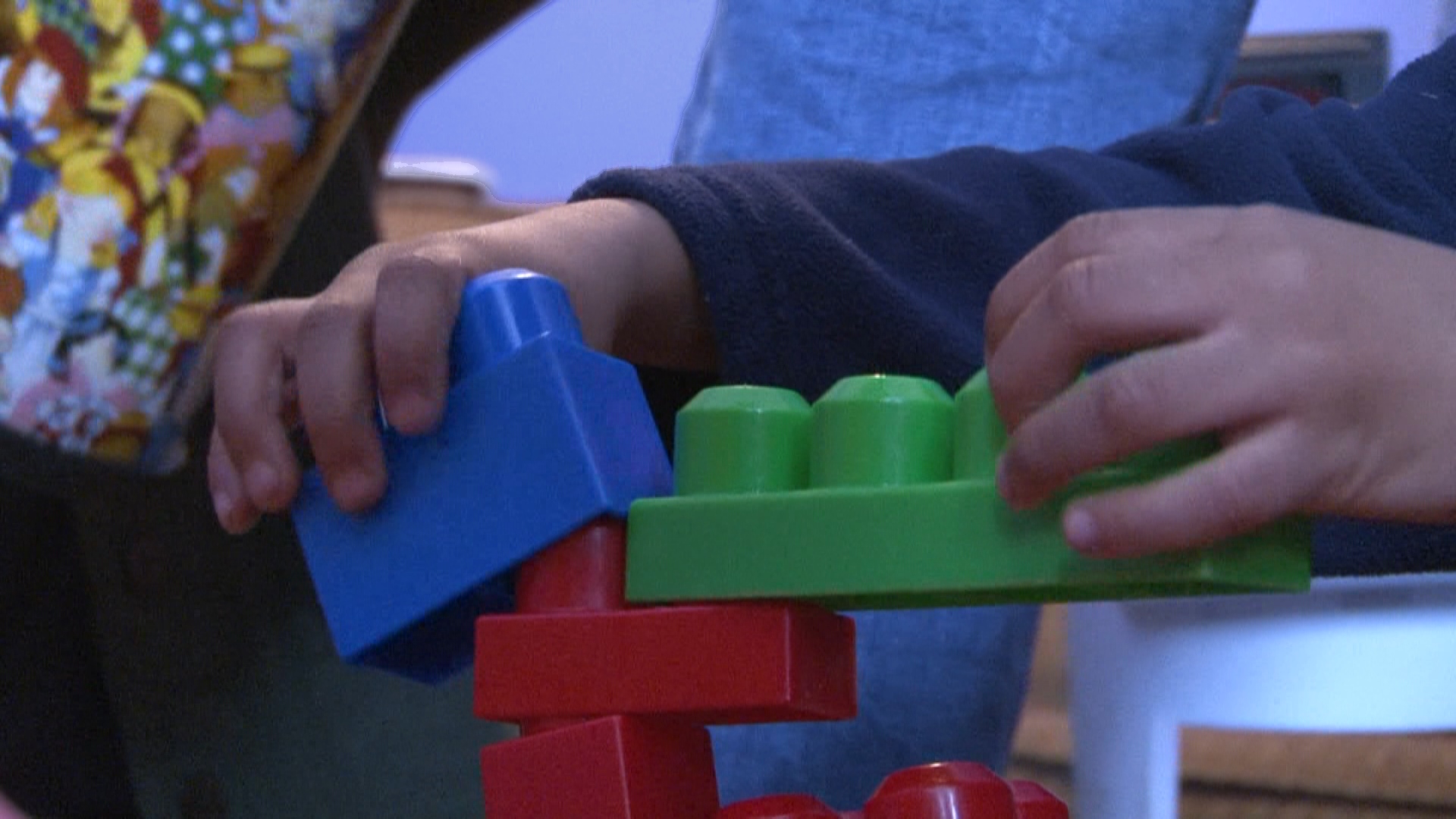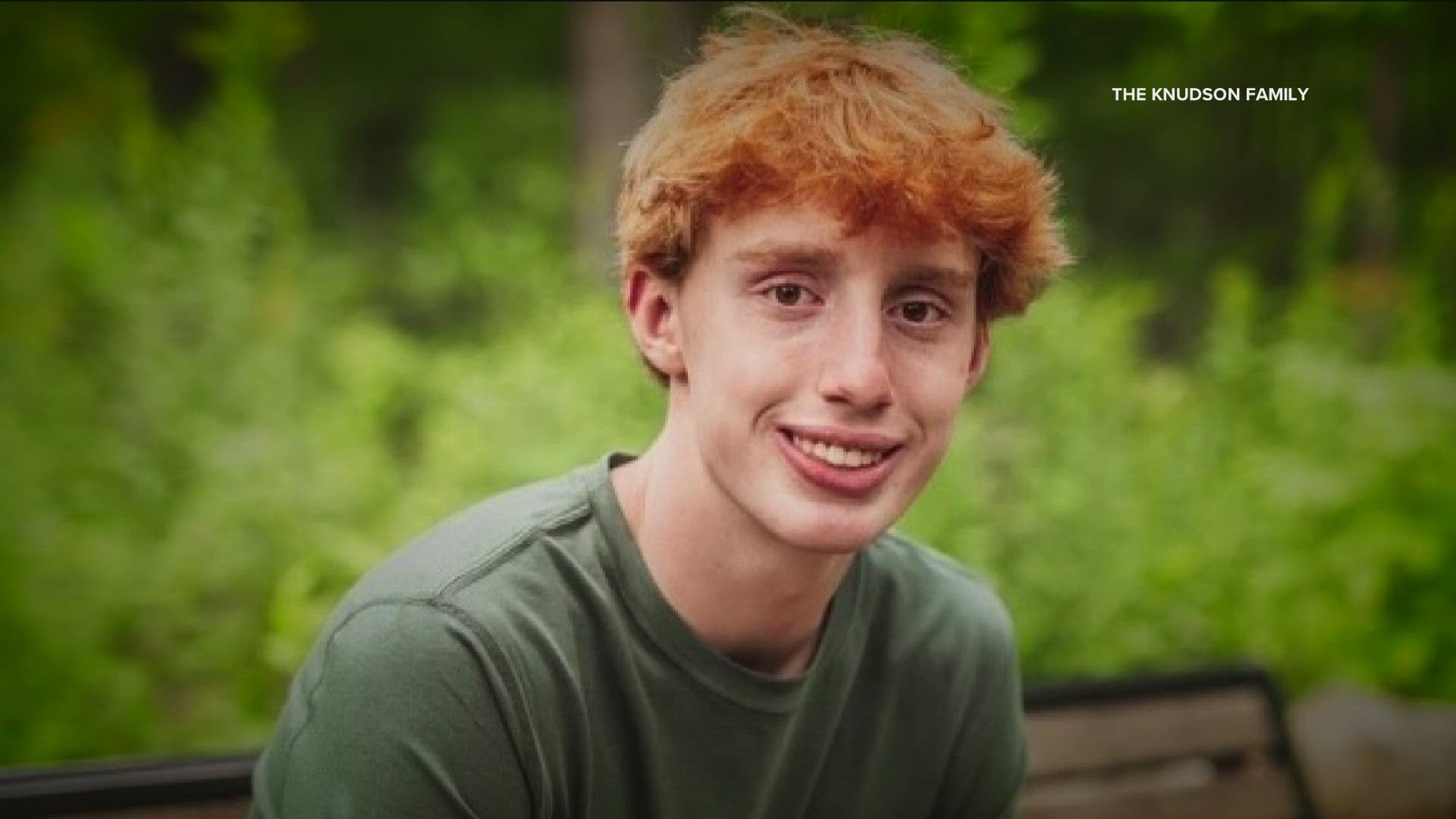St. Paul, Minn. -- A bipartisan group of Minnesota lawmakers, who also serve on the Governor Mark Dayton's child protection task force, roll out several bills Wednesday aimed at reforming how allegations of child abuse are investigated.
"We can talk about the frustration and the angst and the anxiety we feel when we hear these reports, but I think you can really measure our reaction in these efforts we're making to reform the statutes," Sen. Kathy Sheran, a Mankato Democrat, told reporters.
She said the task force does not intend to lay blame for children who fell through the cracks, but instead find a way to make the system err on the side of saving children's lives.
One of the key proposals would enable those who screen abuse allegations to see previous reports, even those reports that were originally "screened out" or set aside as unfounded. Currently 70 percent of all child maltreatment calls are screened out and never move to the next phase of action.
The legislation will also require that all child abuse allegations are shared with local law enforcement, something already being done in some parts of the state.
And case workers handling child abuse investigations would place child safety above the goal of keeping families together. Currently those cases that aren't screened out go first to a "family assessment" process, a voluntary stage of engaging family members.
But that step would no longer be the default position for members of the child protection team at the county level, especially in cases involving serious injuries or sexual contact with child.
"We have 87 counties and we have an enormous amount of these reports that come through, and what we're really trying to do for them is make sure that everybody involved has the best suite of tools, and that they're working together and communicating," explained Rep. Ron Kresha, a Little Falls Republican.
"Our child protection system really has an enormous burden to carry here. They have to sort through all of this, the false positives, the false negatives, all that to sort through at the same time making absolutely sure that child is never in danger."
The lawmakers who authored the bill haven't developed an estimate for the cost of implementing more oversight, training and communication between various agencies. But Rep. Kresha said he hopes Gov. Dayton sets aside extra money for these reforms in his next budget plan.
"Every time we lose one of these children the fiscal impact to our society is so much greater than the dollars and cents we're going to put in a budget," Kresha said.
The governor launched the task force in response to the death of Eric Dean, a four-year-old boy from Starbuck who was murdered by his father's girlfriend, after 15 suspected abuse reports had been filed on the boy's behalf by people who came into contact with him.
Rep. Jeff Backer of Browns Valley, who represents the Starbuck area, thanked the task force for the work done so far.
"People at the county level, individuals at the county level, want to do it right. That's why they go into the profession to help families, to help children, and not for a high salary," Rep. Backer said.
Another finding of the task force is that funding for child protection has fallen $42 million in the past decade, and that the service can vary greatly depending on where a child lives because the counties are responsible for more than half of the financial burden.
The family assessment process was a response to calls to ensure that county case workers were being culturally sensitive, according to Rep. Joe Mullery, because African American and Native American children were being removed from their families at a far higher rate.
Task force members say the family assessment process will still be a very important consideration, but the pendulum is swinging back toward putting the child's safety ahead of everything else.
"We also recognize that our child protection system, law enforcement and court system chartered with protecting our most vulnerable, those who may not have always have a voice."


